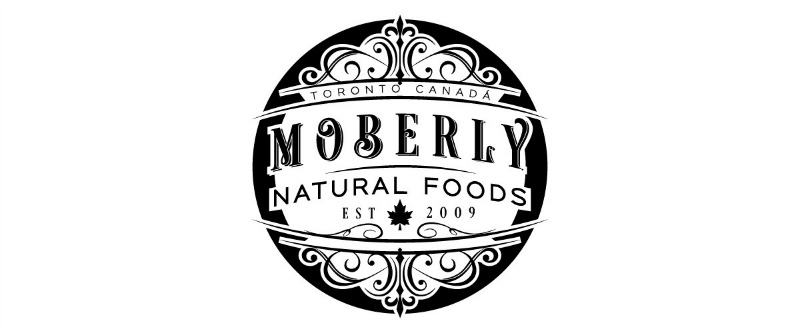You may have noticed more and more Non-GMO Project Certification labels appearing on packaged items around the store. It looks like this:

For many people, it brings up a few questions. What is the Non-GMO Project? Why are only some items certified Non-GMO? What are GMOs anyway? Let’s get to answering them here.
What are GMOs?
GMO stands for Genetically Modified Organisms. You will sometimes hear genetically modified plants or animals referred to as GE or Genetically Engineered. GMOs were originally introduced in 1994 in an effort to increase crop yield. By taking the DNA of another plant, animal, bacteria, or viral gene, and splicing it into the DNA of the crop, scientists created herbicide- and pesticide-resistant plants. This means they can spray the crops with more “icides”, killing all unwanted plant and insect populations in the field, without harming the crop itself. They have since gone on to genetically modify animals, as well.
So what’s the big GMO controversy? Farmers have always saved seeds from plants with the best characteristics to create ideal crops. What about hybrids like the tangelo? And don’t people pay millions to breed their horses with derby winners?
Simply put, it’s not the same thing. Breeding a golden retriever and a poodle to create a Golden Doodle is an example of cross-breeding, not genetic modification. Similarly, cross-pollenation was the most advanced method used before WWII to create new varieties of plants.
Genetic modification, on the other hand, involves altering a plant or animal in a lab at the DNA level, by forcing the genes of another species into its cells.
So What’s The Problem?
Because GMOs have only been in our supermarkets for about 20 years (and most of them for less than ten), the long-term effects of GMOs on humans have not been studied. Studies on the short-term effects are inconclusive. Some scientists maintain that they’re safe, while others suggest links to various illnesses. It’s important to remember, when considering ANY study, to follow the funding. Was this study done by an independent, unbiased party, or by someone who stands to benefit from the study’s results?
While the safety of GMOs themselves remains unclear, we can see clear, scientific evidence of their impact in our good friends, the bees. Because GMOs allow for increased spraying of insecticides and pesticides, there are more of these chemicals in our environment. They were not intended to harm bees, as bees are a friend to farmers, pollinating most of the crops you’ll find in a grocery store. Unfortunately, studies show a link between neonicotinoid pesticides and genetic problems in bee populations. As a result, connections are bee-ing drawn between these issues and colony collapse.

How Do I Know If I’m Eating A GMO?
GMOs are in virtually everything these days. The most high-risk genetically modified crops include:
- alfalfa (NOT the Little Rascal . . . we don’t think . . . )
- canola
- corn
- cotton
- papaya
- soy
- sugar beets (the source of most refined sugar)
- zucchini and yellow summer squash
You can avoid them by choosing organic foods, as organic regulations prohibit the use of genetically modified crops. Alternately, some companies aren’t certified organic, but can choose to be certified GMO-free by the Non-GMO Project.
Why Aren’t All Moberly Products Non-GMO Certified?
Some customer favorites, like our Jube Jubes, you can expect to contain GMOs. Some products on our shelves, however, don’t contain genetically modified ingredients, but can’t afford the expensive Non-GMO certification process. That’s why activists like David Suzuki are pushing for the labelling of foods that ARE genetically modified, putting the onus of labelling fees on manufacturers choosing to use genetically engineered ingredients.
If you do have a favorite product that ISN’T labelled either way, reach out to the manufacturers. I love Neal Brothers Corn Salsa, and was curious about the origin of its corn. I contacted Neal Brothers directly and was assured that they were using non-GMO corn in their salsa. It makes me feel better knowing that my dollars are going towards companies making choices like these.
About The Author:
Kelly Boaz, CNP
Kelly is a holistic nutritionist, specializing in eating disorder recovery and food freedom. She is also a public speaker (TEDx King St. West, TDSB) and a writer. Learn more about Kelly, and about booking private consultations at kellyboaz.com Twitter: @kelly_boaz Facebook: /KellyBoazDotCom


Pingback: A New Kind Of Veggie Burger - Moberly Natural Foods